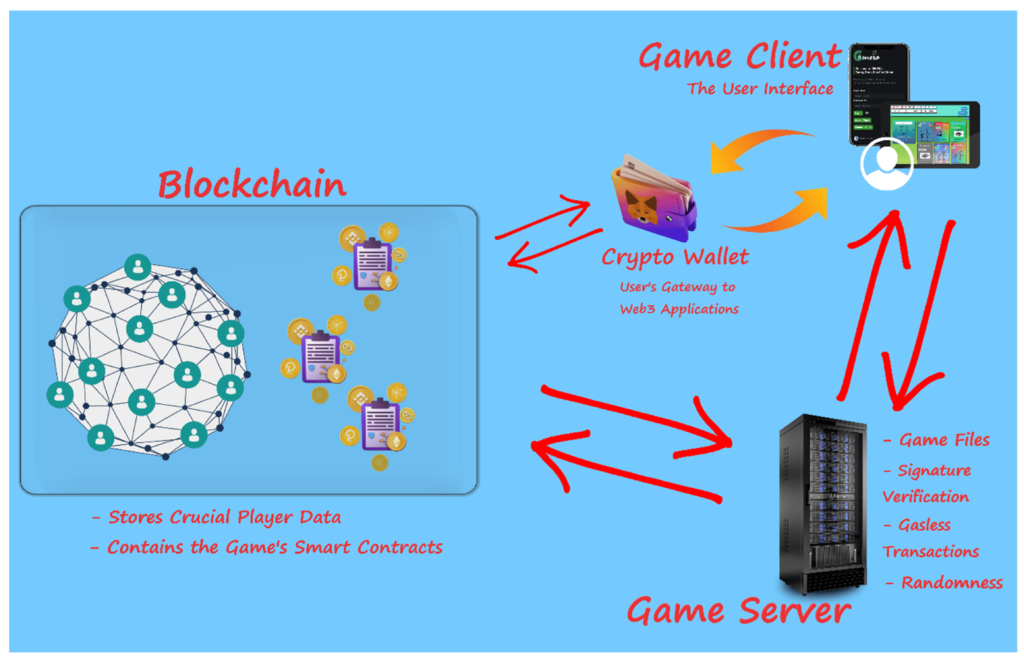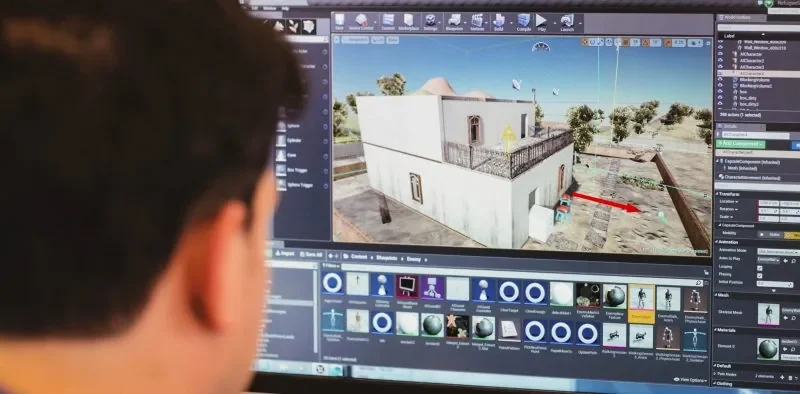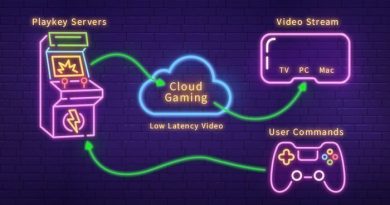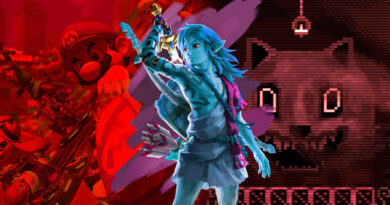How Blockchain Enhances Game Development?
The integration of blockchain technology has elevated the synergy between players and developers in the dynamic realm of game development, presenting unparalleled prospects for innovation and engagement in game development. With the advent of blockchain technology, this collaboration has reached new heights, offering unprecedented opportunities for innovation and engagement. This article explores how blockchain enables players to actively participate in the development process, thereby enhancing the overall gaming experience.

The Rise of Player-Developer Collaboration
Traditionally, game development has been a one-way street. Developers create games based on their vision, and player feedback comes after release. Blockchain changes this by allowing players to contribute to the game’s evolution from its early stages. Through blockchain-powered platforms, players can provide direct feedback, suggest features, and participate in voting mechanisms that influence game development decisions.
Transparency and Trust Through Blockchain
Blockchain technology offers inherent transparency and trustworthiness. Developers can create immutable records of player suggestions, feedback, and contributions. This transparency fosters a more open development environment and enhances trust between players and developers. Players see their contributions acknowledged and implemented, leading to a stronger sense of community and ownership over the games they love.
Decentralization and Incentivization
Blockchain decentralizes the power dynamics in traditional game development. Smart contracts automate rewards for valuable player contributions, such as bug identification, gameplay suggestions, or content creation. This incentivization motivates players to engage actively with the development process and ensures fair compensation for their efforts.
Real-World Applications
Several blockchain-based platforms have demonstrated the potential of player-developer collaboration. For example, platforms like Enjin allow developers to mint in-game assets backed by blockchain. These assets can be owned and traded by players. This not only enhances the game’s economy but also empowers players with true ownership of virtual items.
Future Implications
As blockchain technology evolves, the possibilities for player-developer collaboration are limitless. Imagine a future where players co-create entire game worlds, with every decision and contribution recorded transparently on the blockchain. This democratization of game development could lead to a new era of creativity, innovation, and player satisfaction in the gaming industry.





644 thoughts on “How Blockchain Enhances Game Development?”